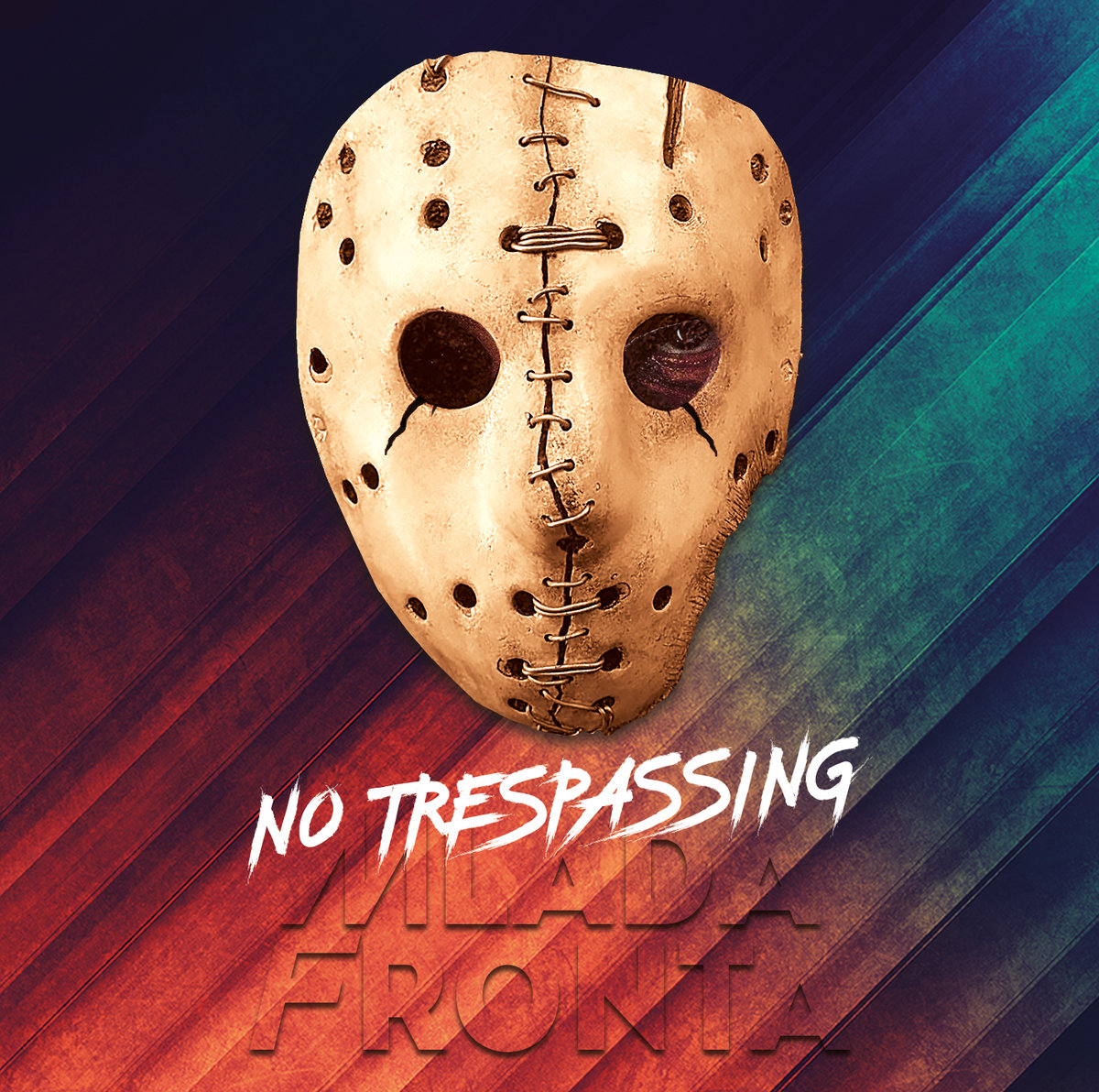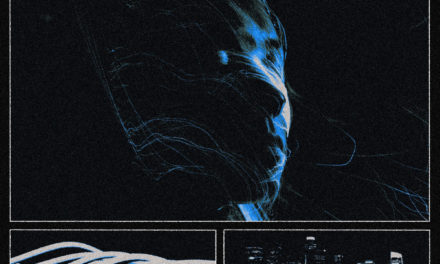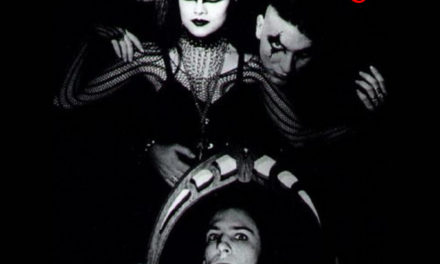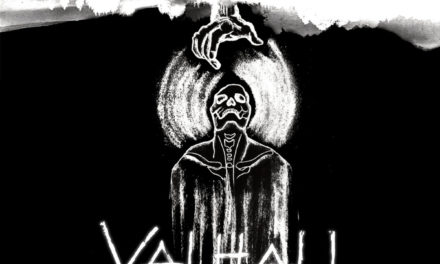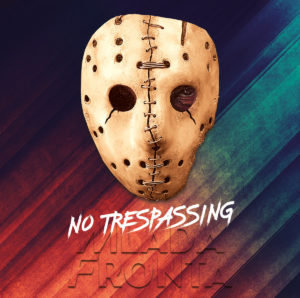
Mlada Fronta
No Trespassing
M-Tronic
In retrospect, the signs pointing towards Mlada Fronta’s transformation can perhaps be identified. 2016’s Outrun was as straightforward a take on synthwave at a time when the genre was still sometimes being called, well, outrun, a move that seemed at odds with Rémy Pelleschi’s longstanding history with rhythmic noise, breaks, and other more confrontational styles. But perhaps the seed of Outrun and new LP No Trespassing was sown with 2014’s excellent Polygon and Night Run releases, which saw him working with bright and melodic electro material, often with some throwback appeal. Regardless of its origin, Pelleschi is doubling down on his synthwave turn with a down the pipe example of the style in No Trespassing.
On No Trespassing the cars and racing aesthetic of Outrun has been swapped for the vintage horror style which plenty of synthwave artists have been mining of late, and at times that look is borne out by the album’s sounds. Dense and distorted barrages of noise punctuate opener “Deathdreams” while high-speed arpeggios replicate classic Carpenter themes being fastforwarded. Later, other tracks seem like conscious homages to the likes of Goblin, with eerie organ patches weaving their way through the thumping cores which keep No Trespassing moving along at a fair clip.
Even taking those horror flourishes into account, No Trespassing stays very much within the boundaries of the increasingly familiar template of synthwave which is still adorning video game soundtracks and converting metalheads. That Pelleschi has been able to adapt to that template is perhaps interesting from a formalist perspective, but it’s somewhat disheartening when one takes into account just how much innovation he accomplished in his earlier work. It’s not just that No Trespassing starts to feel rote midway through (towards the end “The Night Hunter” finally allows some more expressive – and less consciously dark or heavy – melodies to steal the spotlight away from No Trespassing‘s otherwise hammering and overt beats) – it’s that there isn’t much to distinguish it from records being cranked out by GosT and kin, and that anonymity feels more disappointing from someone with Pelleschi’s pedigree.
Polygon showed that Pelleschi was able to pick up on contemporary trends and the retro reclaiming of earlier ones. His existing interests were blended with those new elements in a way which showed a tremendous amount of personality. While I’d hesitate to characterize his shift to synthwave as being opportunistic, it has come at the cost of his idiosyncrasies. No Trespassing is pleasant enough and easy to listen to, but I can’t help feeling as though we’re missing out on something more.

